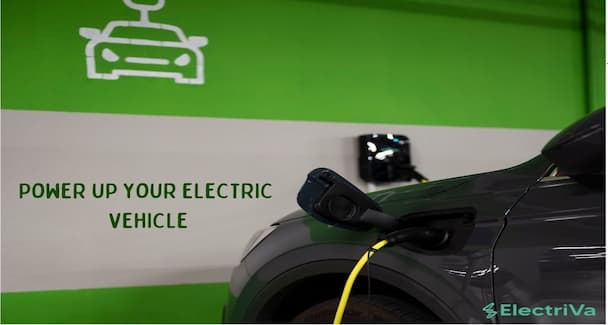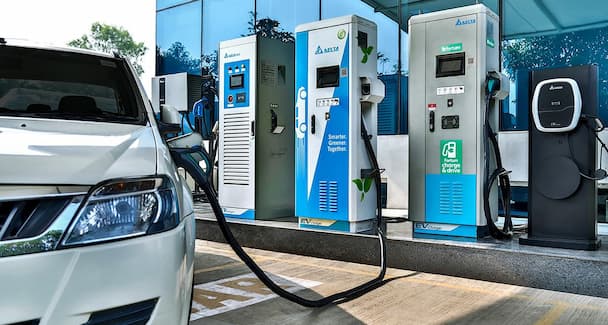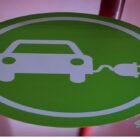New Ways To Power Up Your Electric Vehicle Adventures With The Electriva App
Increasing pollution levels have resulted in significant climate changes. It has led to the adoption of fossil-free automobiles like electric vehicles (EVs). These vehicles are gaining in popularity and taking the world by storm. Be it a two-wheeler or a four-wheeler, they are safe, eco-friendly, and worth the investment. Hence, people are keen to invest in EVs to enjoy their drive.
Charging stations
EVs have batteries in them that require frequent charging to move smoothly. Hence, the demand for EV charging stations is increasing across the country. Such stations are coming up in metropolitan cities, towns, and highways. The well-established charging stations have installed different types of chargers to power diverse types and models of EVs. They offer optimal service convenience.
About Electriva
Electriva is among the top providers in the country’s EV charging sector. This brand has established numerous EV charging points at diverse locations. Their objective is to help EV owners and drivers access their charging outlets. Thus, by powering their vehicles, EV owners can enjoy driving long distances. They don’t have to fear stopping in the middle of the road for lack of power.
Suit all EV owners
The charging station’s all-inclusive nature provides benefits to EV owners. A single station has essential infrastructure to charge 2-wheelers and 4-wheeler vehicles of almost all make and models. Hence, all EV drivers, users, and owners may visit the single charging station to meet their specific requirements. However, the question that many have is how to locate these stations.
Electriva App
Electriva has established numerous EV charging stations in India. It includes metropolitan cities, towns, and highways. It has also launched an app. This reputed company has developed, drives, and supports this app. EV users may download this app on their smartphones, which is quick and easy. It helps identify the nearest EV charging station on the go. Hence, EV users can plan their journey accordingly.
Multiple charging facilities
Usually, vehicles of all sorts have to wait in long queues for their turn to come to petrol pumps. Almost every vehicle driver and owner experiences such a situation as they refill fuel. However, Electriva-based vehicle charging stations have installed multiple charging points. It means several two-wheelers and four-wheelers may use them simultaneously. Thus, the entire process becomes more efficient and faster.
Well-balanced distribution
EV charging stations can be found in highway regions, city suburbs, and central city areas. This reputed company has given attention to distribution. It ensures that EV users and owners get easy access to the different charging stations through their app. Traveling to any corner of the city or country with your electric vehicle is no more a hassle or matter of concern. You are sure to find a fast charger point that allows faster charging.
Fully automated system
Manually operated systems witness long queues at petrol pumps. It is a waste of time for those owning fossil-fuel-run vehicles. EV charging stations score better than their traditional counterparts. They don’t require human intervention and are fully automated. Customers can avail of the fully IoT-supported operations to power their vehicles at the charging stations. As the vehicle charges, users may engage in shopping or do other work.
Encourages greener future
EVs are eco-friendly vehicles. They support a greener and cleaner future. Electricity-driven vehicles help reduce carbon footprints and carbon emissions significantly. Well-established brands like Electriva help discover new ways to power up EVs with their dedicated app. These are crucial to boost EV production and sales and support the drive to a better future for all mankind.
Reduce pollution
Establishing charging stations at different corners of the cities ensures EV users don’t experience trouble in charging their vehicles. The current lot of EVs moving on the Indian roads have helped reduce carbon emissions by approximately 750 tons, which is a good start. Electriva, with its charging stations, promises to curb pollution significantly.
Access operational charging stations
All charging stations are well-maintained. They are regularly checked for damages, leakages, and functionality issues. Hundreds of fully operational charging stations have come up in different parts of the country. More is in the pipeline to provide support and power increasing EVs on the Indian roads. EV users may access the 24/7 operational charging stations and enjoy rapid charging facilities.










